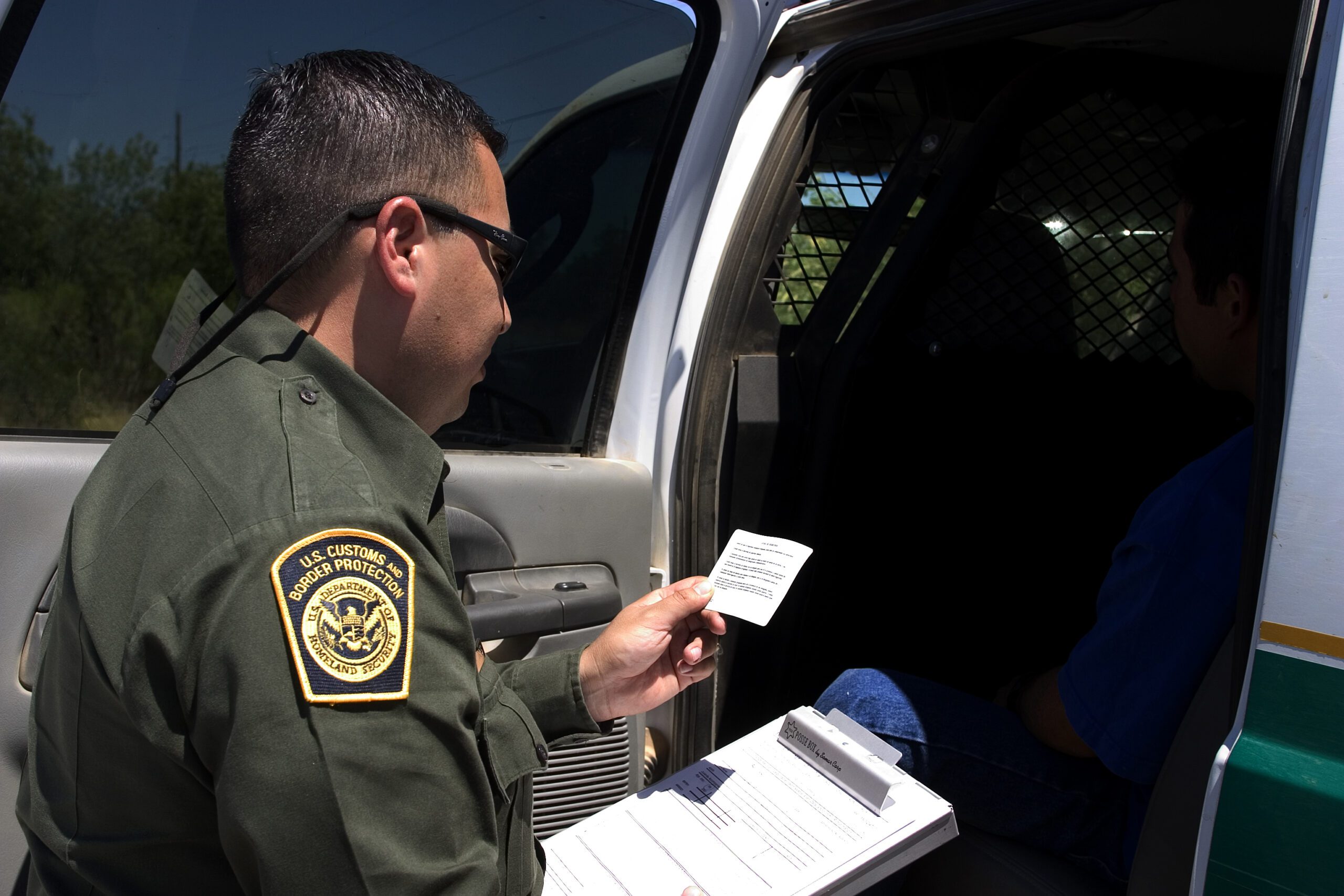 If you were recently arrested for driving under the influence, or DUI, in Omaha, you are undoubtedly looking for ways to get your charges dismissed or the otherwise avoid a conviction. If the arresting officer failed to read you your rights during your arrest you may be hopeful that this omission can help get our charges dismissed or help prevent a conviction at trial. A better understanding of Miranda warnings and the role they play in an arrest and subsequent prosecution may help explain why failing to give the warning isn’t enough to get your charges dismissed but could be helpful in your defense.
If you were recently arrested for driving under the influence, or DUI, in Omaha, you are undoubtedly looking for ways to get your charges dismissed or the otherwise avoid a conviction. If the arresting officer failed to read you your rights during your arrest you may be hopeful that this omission can help get our charges dismissed or help prevent a conviction at trial. A better understanding of Miranda warnings and the role they play in an arrest and subsequent prosecution may help explain why failing to give the warning isn’t enough to get your charges dismissed but could be helpful in your defense.
Miranda warnings, named after the defendant in the Supreme Court case that made them a requirement, are a list of rights that a law enforcement officer must inform you of when you are taken into custody. These rights are rights guaranteed to you in the U.S. Constitution and include the following:
- You have the right to remain silent.
- If you do say anything, what you say can be used against you in a court of law.
- You have the right to consult with a lawyer and have that lawyer present during any questioning.
- If you cannot afford a lawyer, one will be appointed for you if you so desire.
- If you choose to talk to the police officer, you have the right to stop the interview at any time.
There are two important events that must take place before an officer is required to read you your rights. First, you must be in custody. Although there are plenty of situations where it is not clear if a suspect is “in custody” or not, if you were arrested for DUI you were in custody at that point. The important thing to note is that prior to placing a suspect in custody the warnings are not required to be given. Second, the warnings are only required if the police intent to question you because the purpose of the warnings is to prevent you from saying something incriminating without first having the opportunity to speak to an attorney.
Therefore, the failure to read you your rights is not a reason to dismiss the charges against you; however, if the police questioned you, and you said something incriminating (such as “I only had a few drinks”), that statement could be excluded from trial on the basis that you were not read your rights. In that respect, the failure to read you your rights could lead to the exclusion of damaging evidence against you in your DUI trial.
If you have specific questions about your Omaha DUI case, consult with an experienced Omaha DUI attorney as soon as possible. For a free case evaluation, contact Petersen Law Office 24 hours a day at 402-513-2180.


